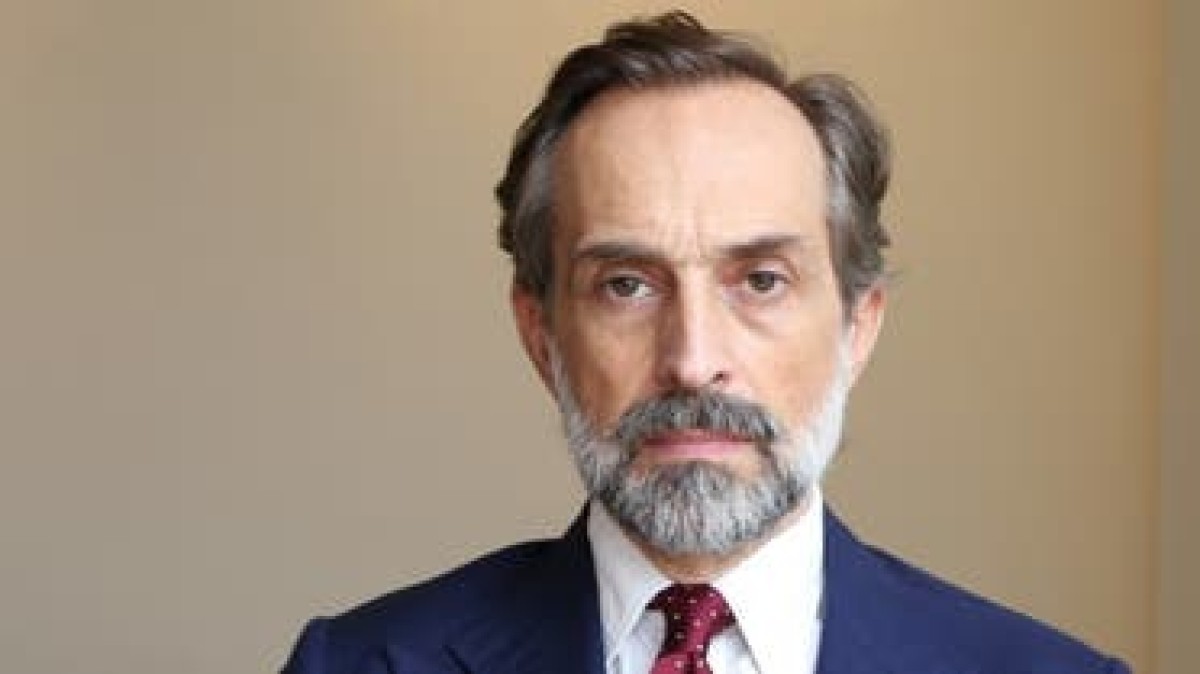The United Nations strengthens its relations with the Houthis


A senior UN official revealed a tangible improvement in the United Nations’ relationship with the Houthi group, despite the Iranian-backed group continuing to arrest about 15 workers from the international organization’s employees in Sanaa since last June.
The United Nations Resident Coordinator in Yemen, Julian Harness, said that relations with the group have become better recently, as evidenced by the Houthis’ agreement to grant travel visas to relief staff with exceptional speed compared to before, and to stop expelling some of them, something that used to happen weekly.
Harness, the highest UN official in Sanaa, during an event organized by the Royal Institute of International Affairs (Chatham House) in London, rejected calls to cut off relief to areas under the group’s control, saying that humanitarian action is based on UN General Assembly Resolution No. 59. , which obliges UN agencies to work in areas of humanitarian crises around the world, according to what was reported by the “Yemen Future” media platform.
The UN official confirmed during the event that calls to stop UN activities in northern Yemen are “unacceptable,” as he put it.
He went on to say: “None of the Yemeni residents under the control of the parties chose this willingly.” He reported that more than 65% of the UN employees work in the areas under the group’s control in the north of the country.
He pointed out that the arrest campaign launched by the Houthis in mid-2024 was not limited to relief workers, activists, and employees of diplomatic missions in Yemen, but rather included many officials affiliated with the group itself in ministries and institutions under its control.
Harness rejected the accusations against the United Nations of being silent about the violations of the Houthi group, and said that the United Nations issued more than 50 statements against the detention of aid workers, while he engaged in direct talks with the authorities in Sanaa in order to release the detainees.
>He stated that what most sensitizes the Houthis is any work related to collecting information or accessing data on beneficiaries of international relief, in reference to information related to the independence of UN relief and its access to those who actually deserve it.
In addition, Harness admitted that less than 10% of the United Nations budget in northern Yemen is related to development projects compared to relief, pointing out that the shift from relief to development depends on the government in Yemen and this is something difficult to discuss with the Houthis.
He added, "Development requires the lowest degree of governance and political context, which are absent in the areas controlled by the Houthi group."